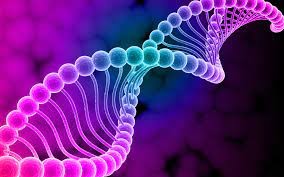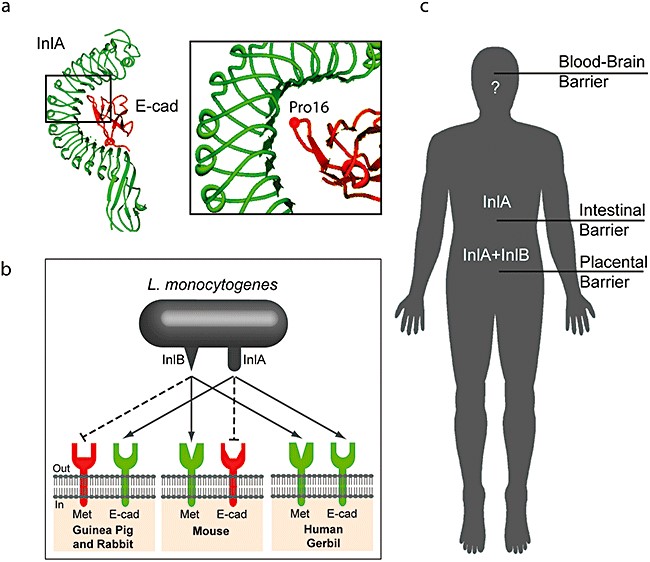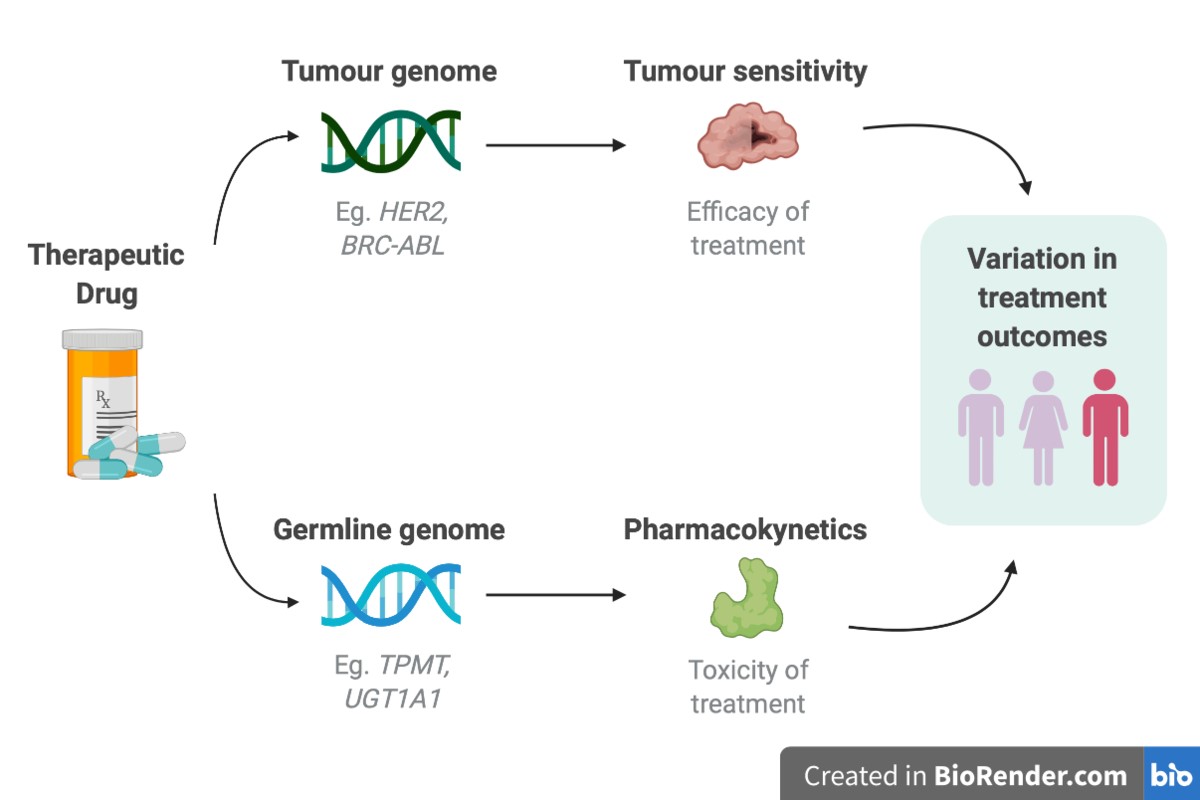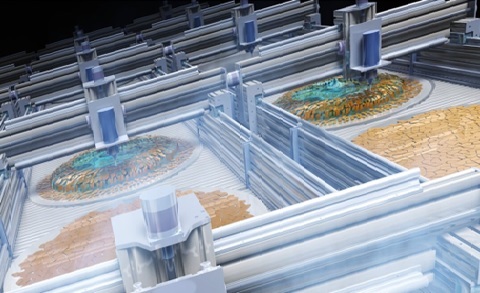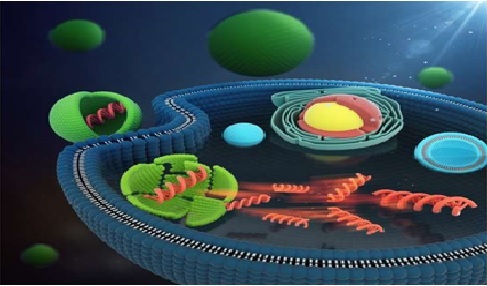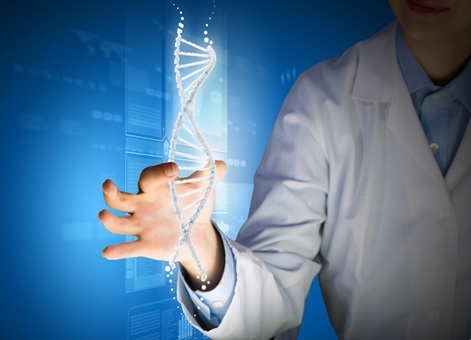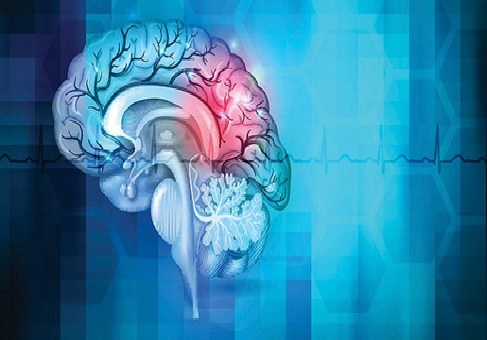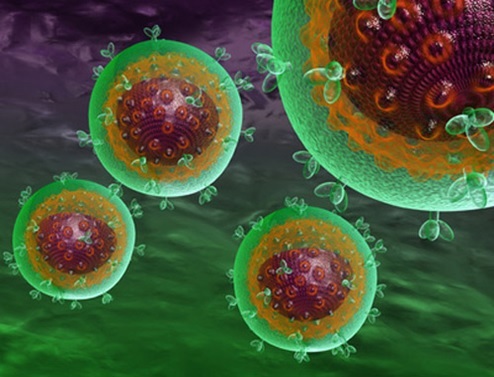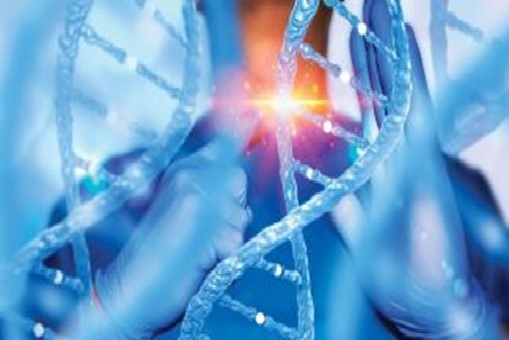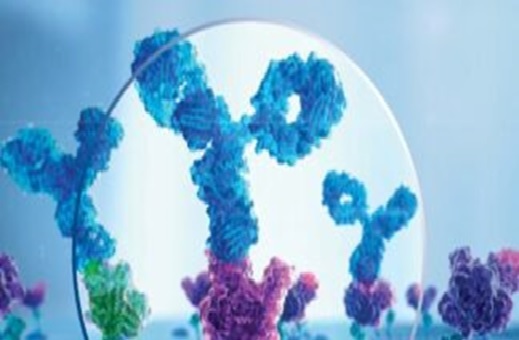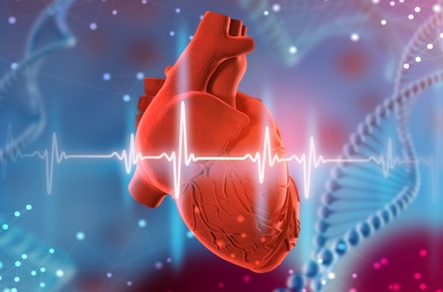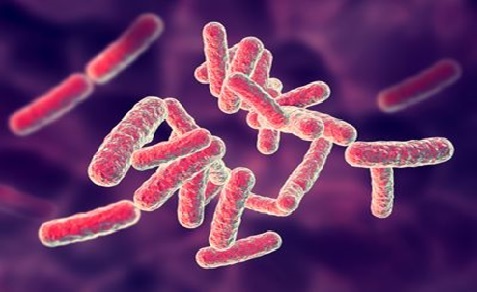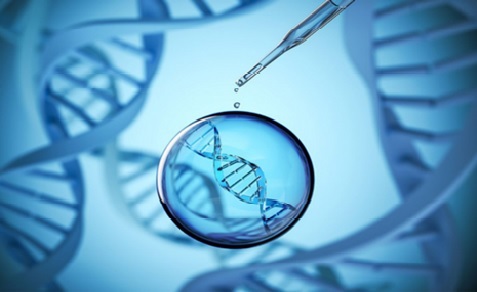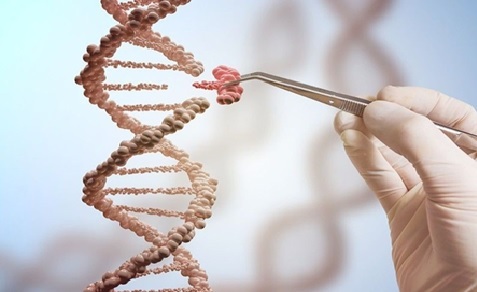Biological Age Is Increased by Stress, But Recovery Can Reverse It
Cellular ageing is linked to stress in all its forms, including psychological stress and stressful childhood experiences. A study published today (April 21) in Cell Metabolism provides more proof that being exposed to stressful stimuli causes the biological clock to advance, but it also raises the possibility that the effect is reversible once people have recovered from the stress.[1]
Based on studies done on mice and information from people who had COVID-19, had undergone surgery, or were pregnant, the researchers came to this conclusion. DNA methylation clocks, which measure the methylation levels over the entire genome and a new generation of more advanced clocks that also measure some elements of health status, were primarily used to compute the ages of the subjects.[1]
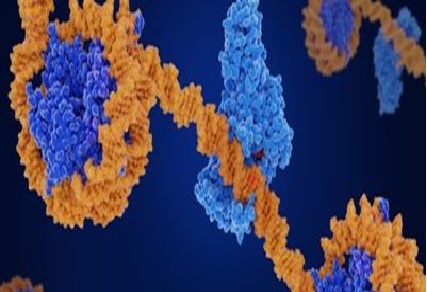
Figure .1 Biological Age Is Increased by Stress, But Recovery Can Reverse It
Figure 1 shows According to Daniel Belsky, an epidemiologist at Columbia University Mailman School of Public Health, the study's analysis of clocks before and after different interventions is a significant and powerful step in the field. Belsky, who peer-reviewed the study but did not participate in it, mentioned that there are very few studies that have explored these clocks in relation to interventions. While Belsky has unrelated collaborations with some of the study's authors, he emphasized the importance of this research in expanding our understanding of interventions and their effects on these clocks.
Led by Vadim Gladyshev from Harvard Medical School and James White from Duke University School of Medicine, the study utilized heterochronic parabiosis, a surgical technique, to connect the circulatory systems of young (3 months old) and old (20 months old) mice. The researchers discovered that this pairing caused the biological age of the young mice to accelerate, as indicated by changes in their epigenetic, transcriptomic, and metabolomic clocks. However, once the mice were separated, this effect was reversed, suggesting a potential restorative or rejuvenating influence.
According to James White from Duke University School of Medicine, the key finding of the study is the reversal of epigenetic aging that occurred after the mice were separated following heterochronic parabiosis. This unexpected reversal challenges the belief that once the process of aging begins, it is irreversible. The study's findings indicate that there may be potential mechanisms or interventions that can counteract or slow down the aging process, offering new possibilities for future research in the field of aging and rejuvenation.
Epigenetic Alchemy: Harnessing the Power to Accelerate or Reverse Aging in Mice
Motivated by findings in mice, researchers including White and Gladyshev conducted a study to investigate the effects of stressful situations on DNA methylation age in humans. They analyzed blood samples from individuals who had experienced transient exposure to various stressors such as emergency surgery, pregnancy, and severe COVID-19. Both the team's own data and publicly available data were examined.
The results of the study mirrored the trends observed in mice. Patients who had been exposed to these stressful events exhibited a temporary increase in their epigenetic age, as measured by the latest DNA methylation clocks, during the occurrence of the stressor. However, once the stressful stimulus subsided, their DNA methylation age returned to baseline values.
This study suggests that stress-induced changes in DNA methylation patterns can lead to an acceleration of epigenetic aging in humans. Nevertheless, the reversibility of these changes implies that they are not permanent, and the epigenetic age can revert to normal once the stressor is no longer present
References:
- https://www.the-scientist.com/news-opinion/biological-age-is-increased-by-stress-and-restored-upon-recovery-71081
Cite this article:
Janani R (2023),Biological Age Is Increased by Stress, But Recovery Can Reverse It, AnaTechMaz, pp.177


